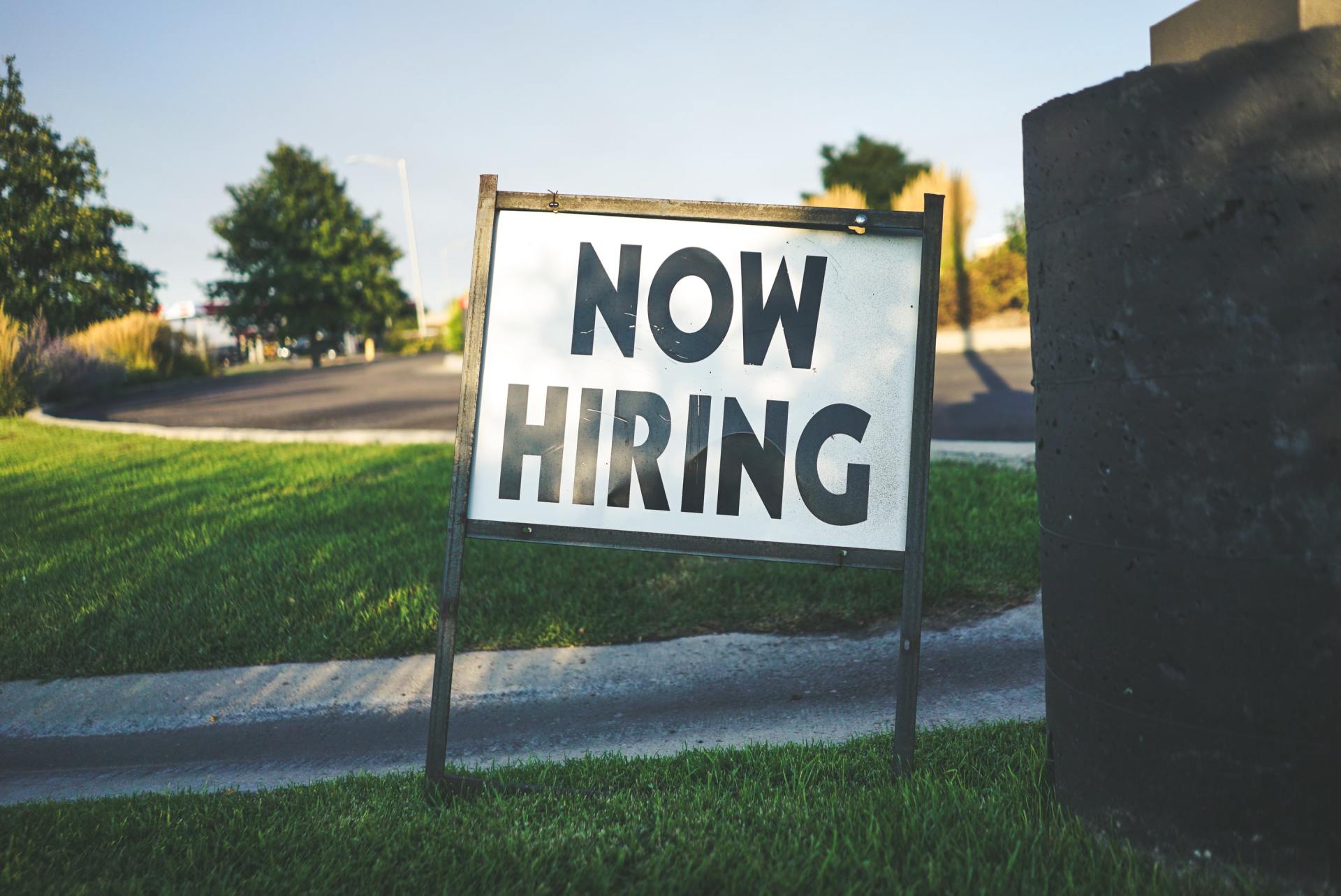
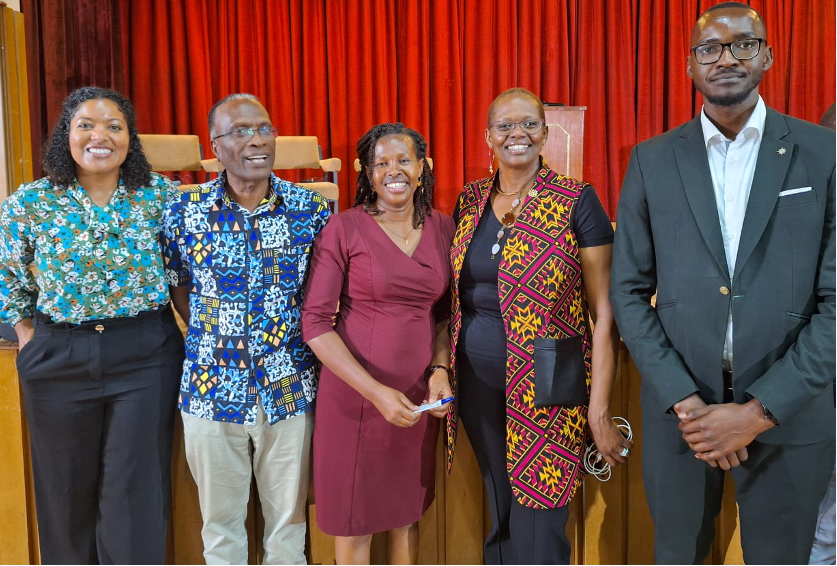
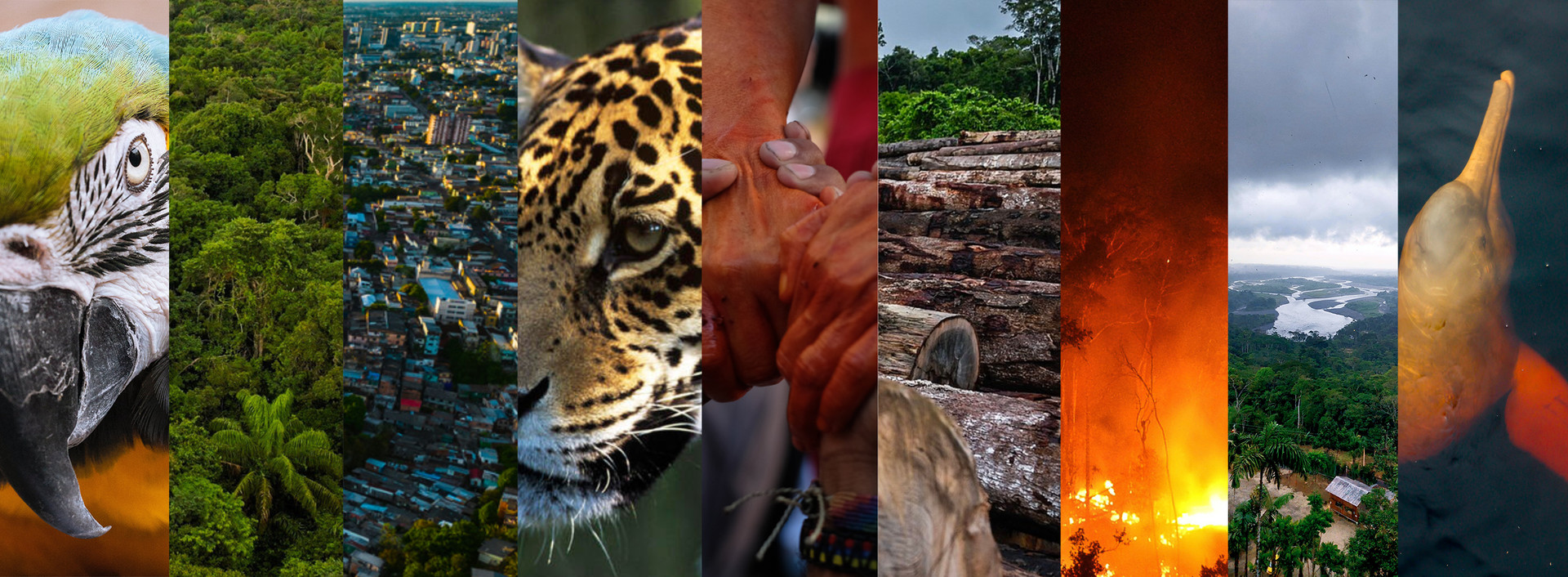
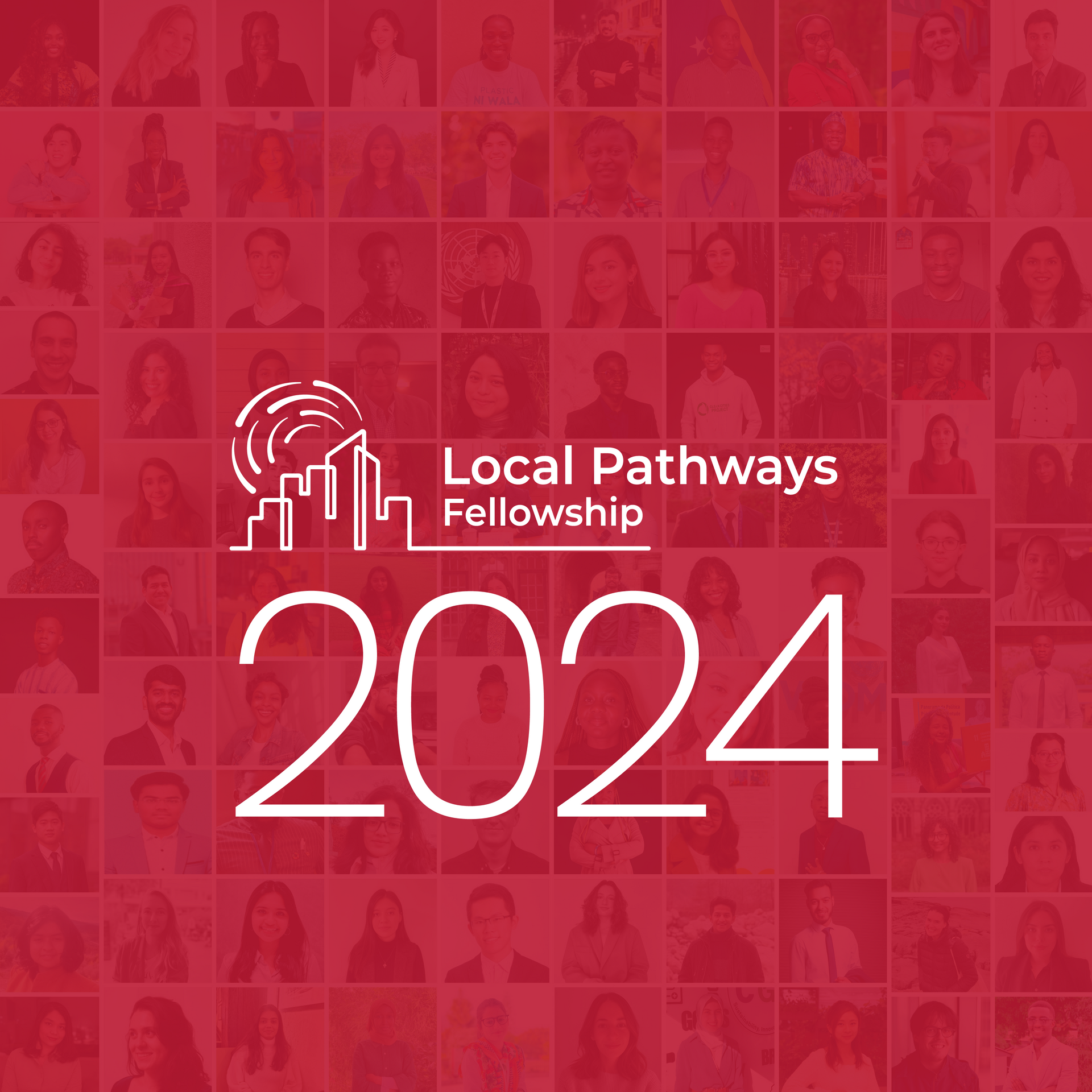
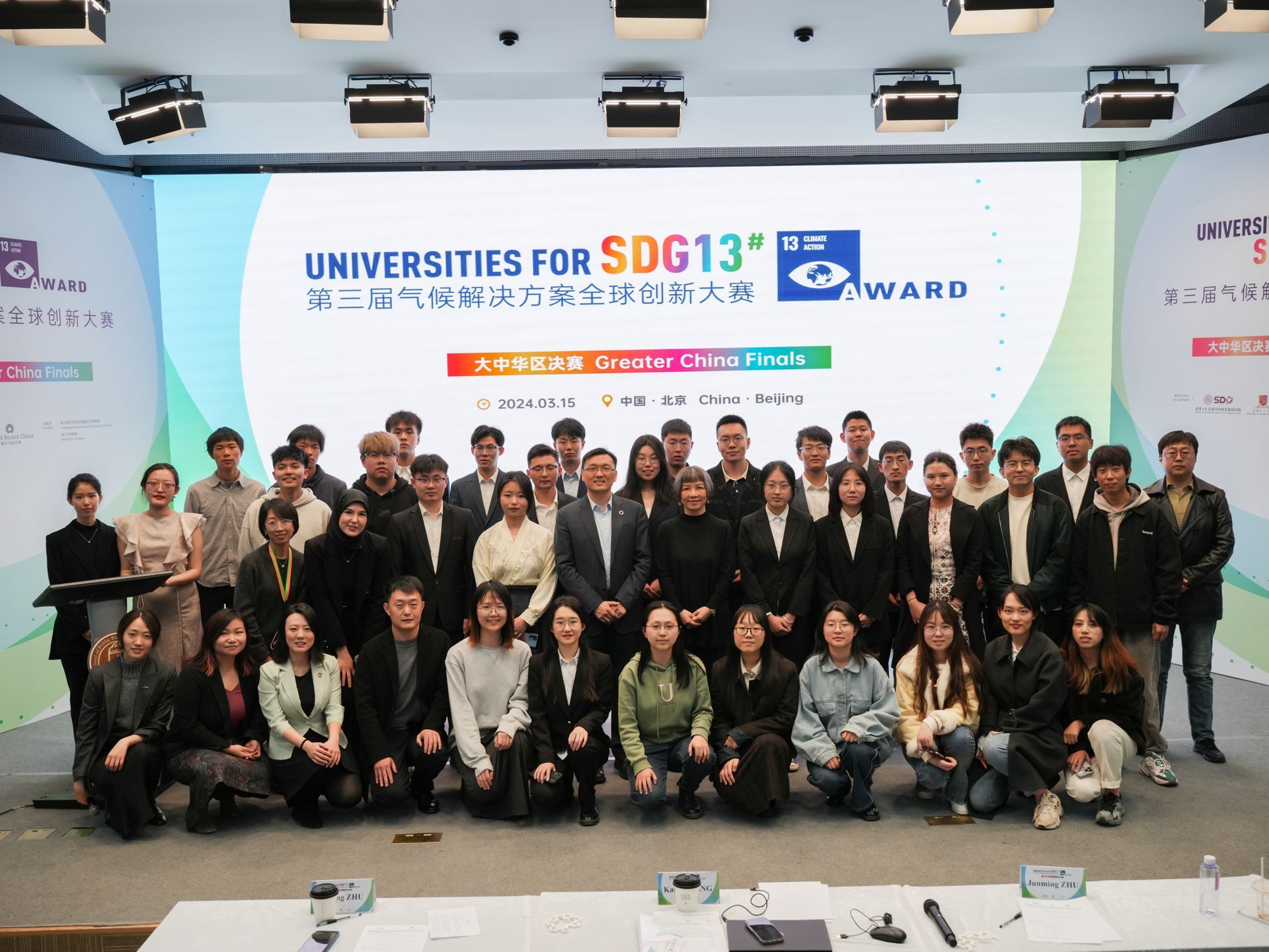
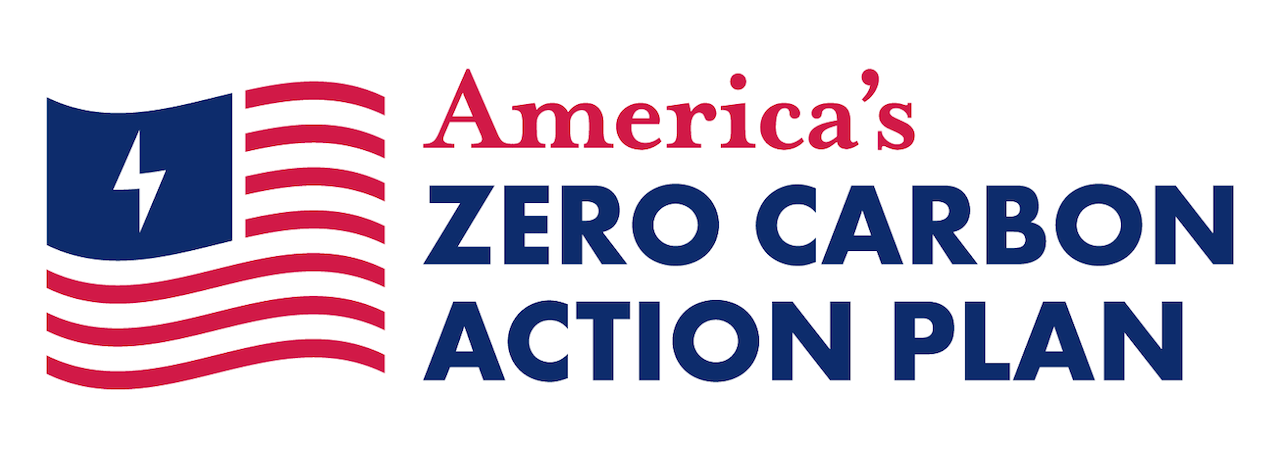
NEW YORK, 27 October – Climate change represents a profound policy challenge to America and the world – requiring a response at a sweeping scale and with unprecedented speed centered on remaking the energy foundations of our society. The move to a clean and renewable energy future must be advanced at the same time America works to recover from the most serious pandemic in a century and the parallel economic collapse triggered by Covid-19.
In response to this challenge, the Sustainable Development Solutions Network USA (SDSN USA) , has released America's Zero Carbon Action Plan (ZCAP) , a comprehensive policy framework that presents a strategic plan to create a carbon-neutral economy for the United States by 2050. In addition to an overall framework, the Plan offers detailed chapters on the solutions for reducing emissions in power generation; transportation; industry; buildings; food and land-use; and materials. The Plan focuses largely on the required decarbonization of the energy sector but also includes specific strategies for land use and the materials sector as well as suggestions for addressing other powerful greenhouse gases (GHG) including methane.
The ZCAP lays out a strategy for putting Americans back to work building a vibrant 21st century U.S. economy based on advanced technologies, good jobs, clean energy, climate safety, and economic security. The strategy for transitioning from the fossil fuel status quo to a low-carbon energy future builds on four pillars: (1) using energy more efficiently (2) decarbonizing electricity; (3) switching from fossil fuel combustion to electricity in most current uses; and (4) carbon capture and storage (CCS).
The Plan finds that as of 2050, the clean-energy economy is only 0.4 percent of GDP more costly per year than the fossil-fuel economy (and lower than that up to 2050). Additionally, the Plan makes it clear that the transition to a zero-carbon energy will generate millions of new jobs and boost the U.S. economy. It highlights the potential pathways ahead and the opportunity for America to be a global clean energy innovator.
An in-depth sector-specific analysis of the clean energy transition indicates that the investments to achieve a net zero emissions U.S. economy over the period from 2020 to 2050 will generate about 2.5 million jobs per year. The numbers rise with an additional 4 million+ jobs per year when the analysis factors in the employment generated through “induced” channels such as the multiplier effects of newly-employed workers spending their earnings. Industrial policies at all levels of government will be needed to support the energy transition with a special focus on investments in manufacturing to ensure that the jobs created are high-quality in terms of wages, benefits, and working conditions.
The ZCAP transition to a low-carbon future centers on four core elements: technological change, federalism, foreign policy, and industrial policy. The Plan is based on regulations and market incentives to promote high-speed innovation and rapid adoption of zero-emission technologies. Large-scale change must rely on clear national goals, supported by the cooperative efforts of federal, state, and local governments with an appropriate division of labor among the levels of government and between the public and private sectors. The new U.S. energy strategy must include a strong foreign policy dimension to protect U.S. competitiveness and to ensure that America’s climate change commitments are matched and magnified globally. Finally, using the heft of the U.S. government to promote new high-tech industries has been done successfully in many other sectors, and can be successful again in green technology with effective industrial policy.
While this report adds to the mounting evidence that the clean energy transition is affordable and economically sound, it also emphasizes the paramount challenge at hand and the need for a coordinated approach that engages all levels of government and the private sector. The authors emphasize the leadership roles required of both the President and the Congress with the states implementing and localizing the policies needed to achieve net zero emissions by mid-century. The authors call for the federal government to establish long-term goals and accountability mechanisms to keep the required energy transition on track.
The ZCAP was designed by the Zero Carbon Consortium made up of nearly 100 researchers from dozens of organizations and universities across the country.
--
Zero Carbon Consortium Chairs & Affiliations*
*Affiliation for identification purposes only
About the SDSN
SDSN mobilizes global scientific and technological expertise to promote practical solutions for sustainable development, including the implementation of the Sustainable Development Goals (SGDs) and the Paris Climate Agreement.
About SDSN USA
The SDSN USA network brings together researchers, knowledge creators, and thought leaders to mobilize expertise on the advancement of the Sustainable Development Goals (SDGS) in the United States. The network is co-hosted by Columbia University, Yale University, and the University of California, San Diego. The network was launched in December 2018 and has quickly grown to become the largest network within SDSN. For more information, please visit www.sdsnusa.org or email them at usa@unsdsn.org.
Media Contact
Cheyenne Maddox, cheyenne.maddox@unsdsn.org
Outreach and Events Manager
SDSN
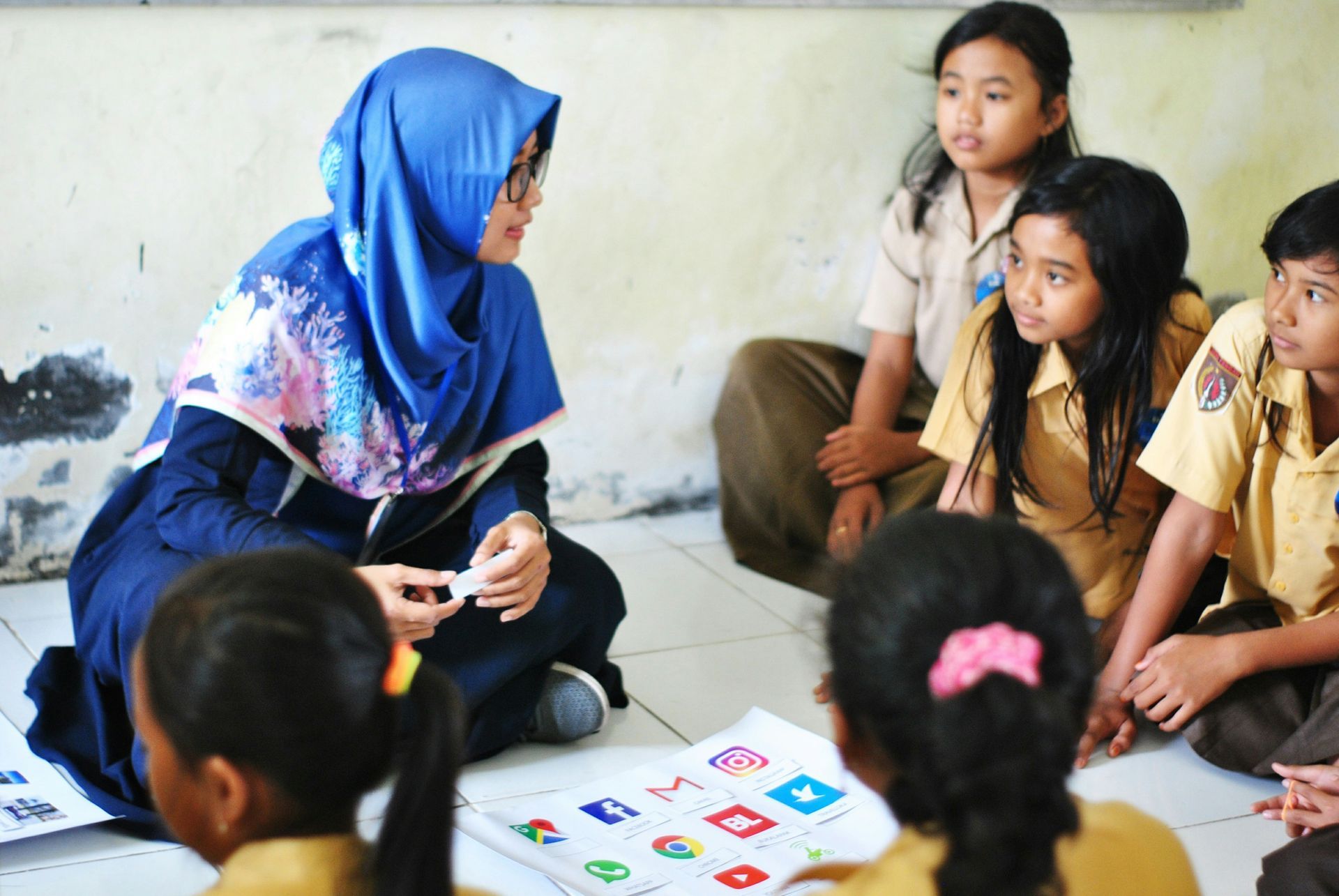





Get our latest insights, opportunities to engage with our networks, and more.
SDSN mobilizes global scientific and technological expertise to promote practical solutions for sustainable development, including the implementation of the Sustainable Development Goals (SDGs) and the Paris Climate Agreement.
Paris
19 rue Bergère
75009 Paris
France
+33 (0) 1 84 86 06 60
New York
475 Riverside Drive
Suite 530
New York NY 10115 USA
+1 (212) 870-3920
Kuala Lumpur
Sunway University
Sunway City Kuala Lumpur
5 Jalan Universiti
Selangor 47500
Malaysia
+60 (3) 7491-8622